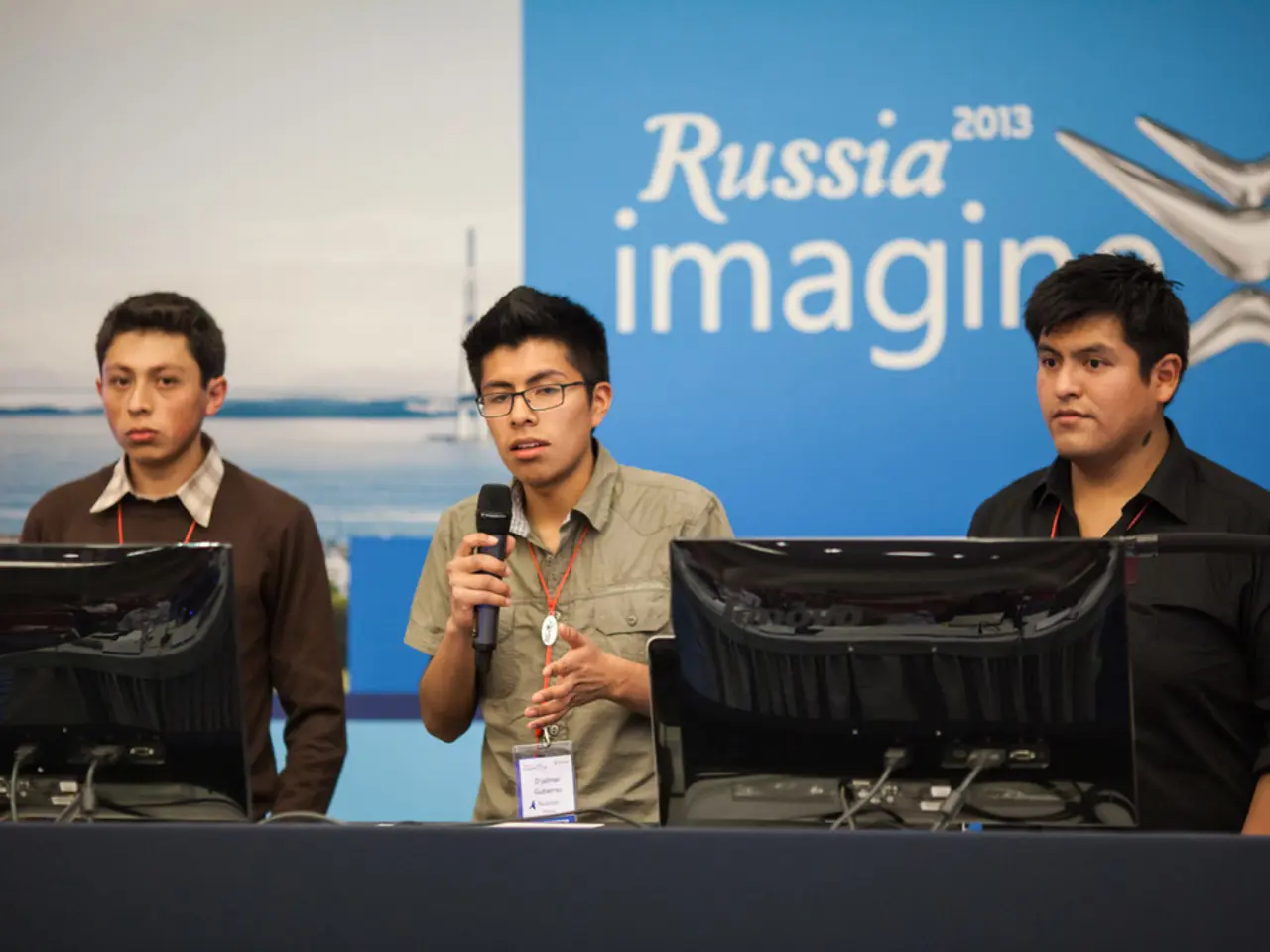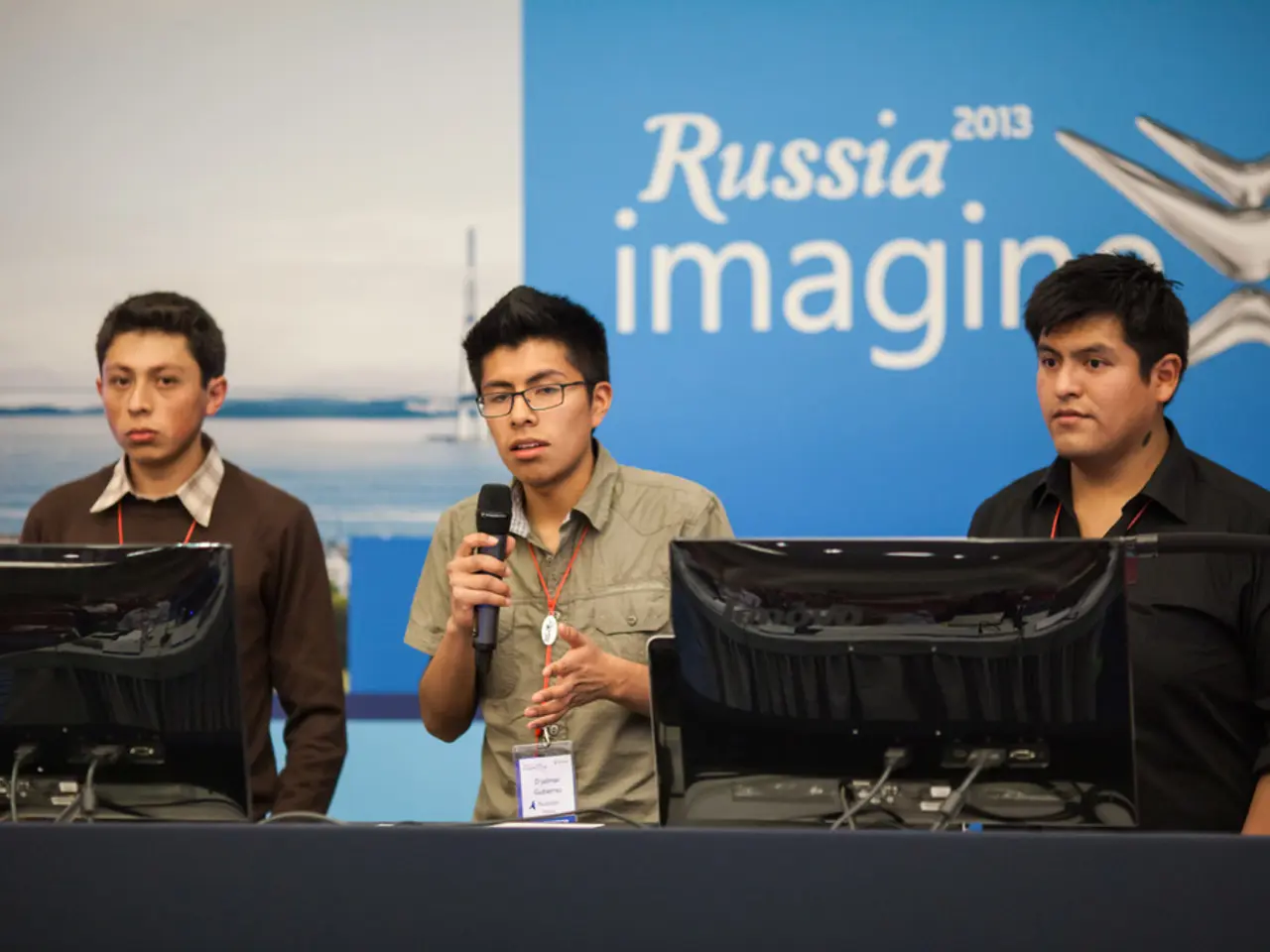Trump openly acknowledges the Russian government is dealing with economic restrictions
In a significant stride towards technological independence, Russia has made substantial progress in developing and deploying 5G antennas. Notably, researchers at the Moscow Institute of Physics and Technology (MIPT) have successfully created and tested a 100% domestically produced 5G antenna, capable of data transfer speeds around 1 Gbit/s during trials in Moscow. This achievement approaches the speed levels of global leaders in 5G technology, such as South Korea and the UAE.
The Russian government has also taken steps to ensure the rollout of 5G infrastructure. The frequency band from 4800 to 4990 MHz has been approved for 5G deployment, with telecom operators expected to participate in auctions for these frequencies by the end of 2025. The proceeds from these auctions are planned to fund further infrastructure projects, promoting the broader introduction of 5G networks across the country.
The development of domestic 5G antennas is a strategic response to international sanctions and trade restrictions that limit Russia's access to foreign technology and components. By creating self-reliant 5G technology, Russia aims to reduce dependence on Western suppliers and technologies.
Recent conversations between former US President Donald Trump and Russian President Vladimir Putin regarding sanctions against Russia were reported by RIA Novosti. However, there is no direct public evidence linking these conversations specifically to 5G sanctions or technology restrictions. Nevertheless, it is known that sanctions have influenced Russia's technology sectors broadly, motivating Russia to accelerate domestic innovations in telecommunications and other strategic industries.
In a separate development, Trump expressed a positive opinion about Putin's handling of sanctions. He stated that Putin has managed to cope with the sanctions and called him a professional in handling such situations. Trump also asserted that he is tougher on Russia than on Iran, and tougher on Russia than on almost any other country.
These advancements in 5G technology and the ongoing conversations between world leaders underscore Russia’s efforts to build technological sovereignty in the face of ongoing geopolitical pressures and sanctions regimes initiated by Western countries, including the US. As the world continues to evolve, it is clear that nations will strive to maintain and advance their critical infrastructure independently.
The Russian government is planning to auction the frequency band from 4800 to 4990 MHz for 5G deployment, with the proceeds intended to fund further infrastructure projects, contributing to nationwide 5G network expansion (policy-and-legislation). The development of domestic 5G technology, including 100% locally produced antennas, is part of Russia's strategic response to international sanctions and trade restrictions, aiming to reduce dependence on foreign technology and components in politics, thereby enhancing general-news.




